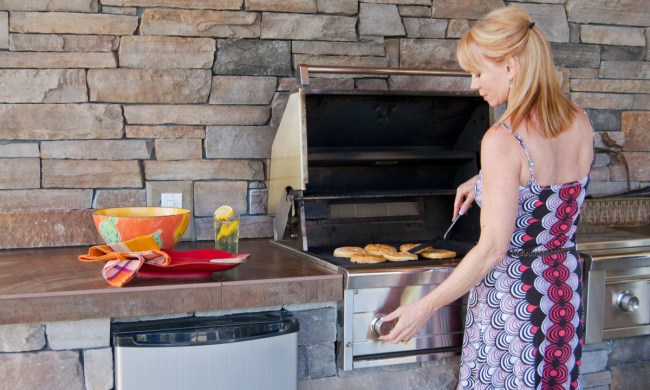Many people have some kind of electric lighting outside their homes. Whether it’s security or flood lights, patio or sidewalk lanterns, porch lights, or even holiday lights like those used at Halloween or Christmas, it's important to use the correct lights and protect them from the weather. Otherwise, you could end up with a ruined display or even a fire! So if you want to keep your light bright and safe, here's everything you need to know about how to waterproof outdoor lights.
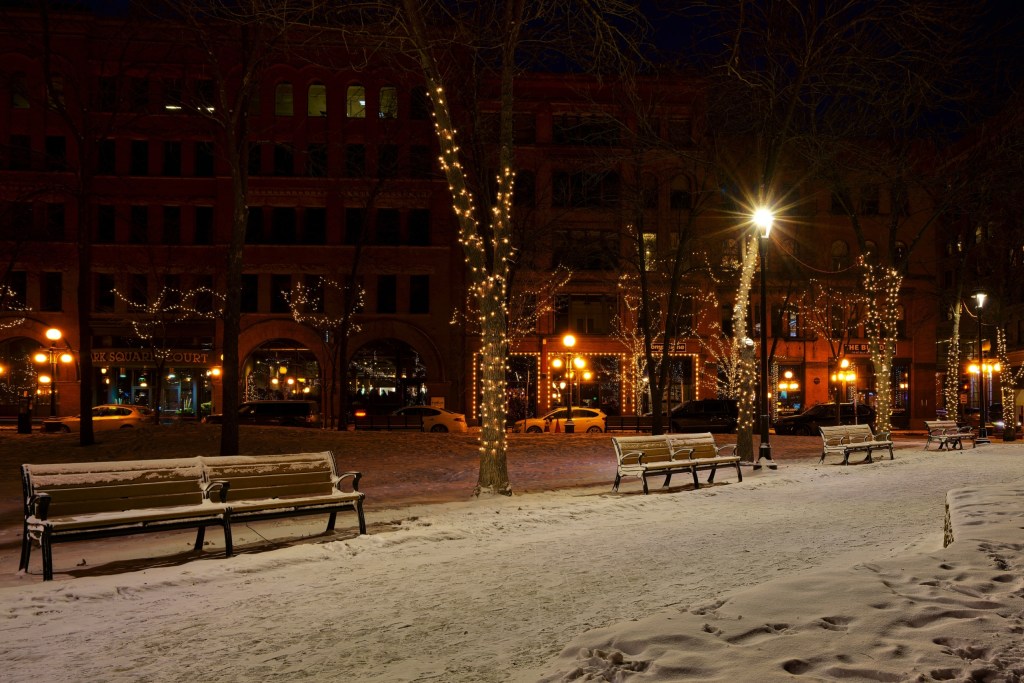
Think about location
Even though your lighting fixtures might be outside, it doesn’t mean they have to be completely exposed to all of the elements. One of the easiest ways to prevent rain from shorting out wires and keep your outdoor lights from sparking is to keep them close to the house and undercover. Neither the roof nor overhangs will protect your lights completely from rain, but they do provide a measure of protection.
Step 1: Ensure that your porch lights are located close to your front door, where the roof will somewhat protect them.
Step 2: Alternatively, place your lights under overhangs from the roof or windows, like awnings.
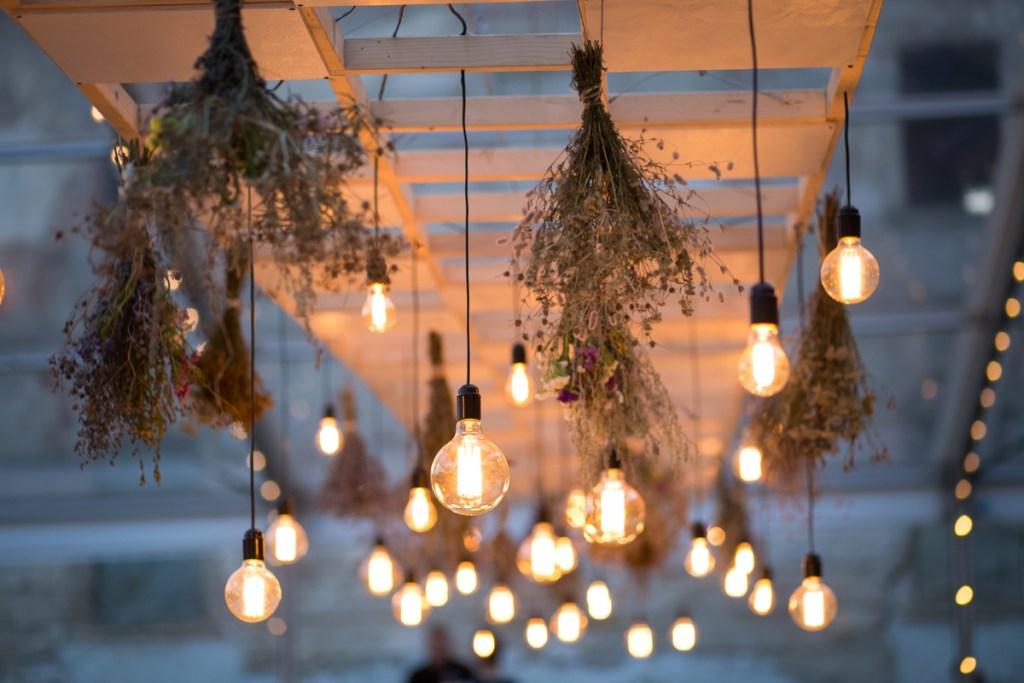
Make sure your lights are rated for the outdoors
Be smart about the kinds of lights you purchase for outdoor fixtures. A regular lightbulb might work just fine on your porch when there’s no rain or snow, but when moisture creeps in, you could run into trouble. Remember that there are specific lights that are rated for the outdoors. Usually, these lights will have something like "suitable for wet locations," "weather resistant," or "weatherproof" written somewhere on their packaging. When purchasing outdoor lights, be smart and ensure the lights you buy are made for harsher weather conditions.
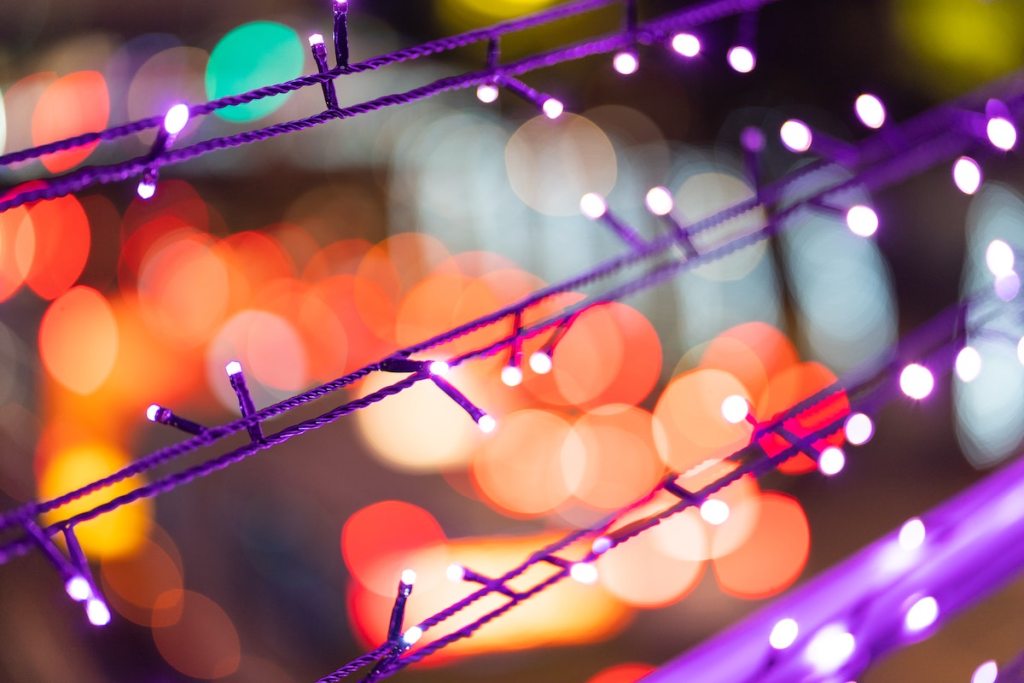
Only use outdoor-rated extension cords
Here’s the answer for those who want to know how to protect outdoor extension cords from rain: just as you should only use lightbulbs that are rated for outdoor use, you should do the same when it comes to extension cords. If you’re planning to run any kind of temporary lighting, you need to ensure that the extension cords you use can stand up to moisture.
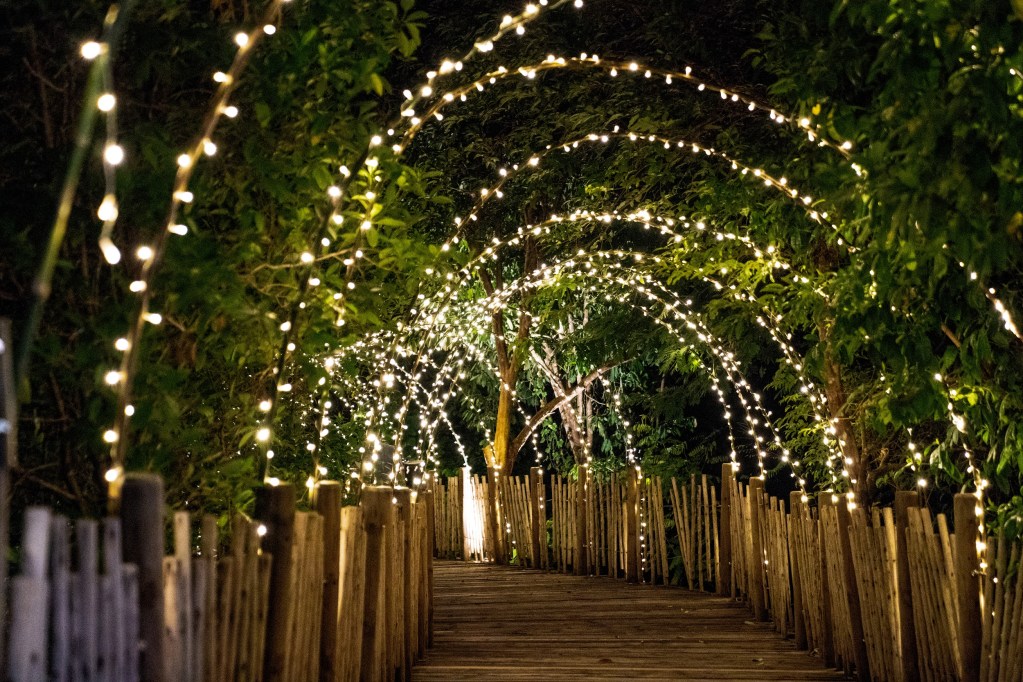
Be aware of materials that can catch fire
Obviously, if your extension cord or Christmas lights short out and sparks fly, you don’t want that happening around materials that can easily catch fire. Therefore, you need to be aware of where you place your outdoor lights.
For example, say you’ve set up a Christmas scene in your yard and you want to put an accent light on it. Great! It looks incredible! But suppose you’ve also put materials around it, like straw or hay to act as set dressing. In that case, an accent light that shorts out could cause your whole Christmas scene to go up in flames!
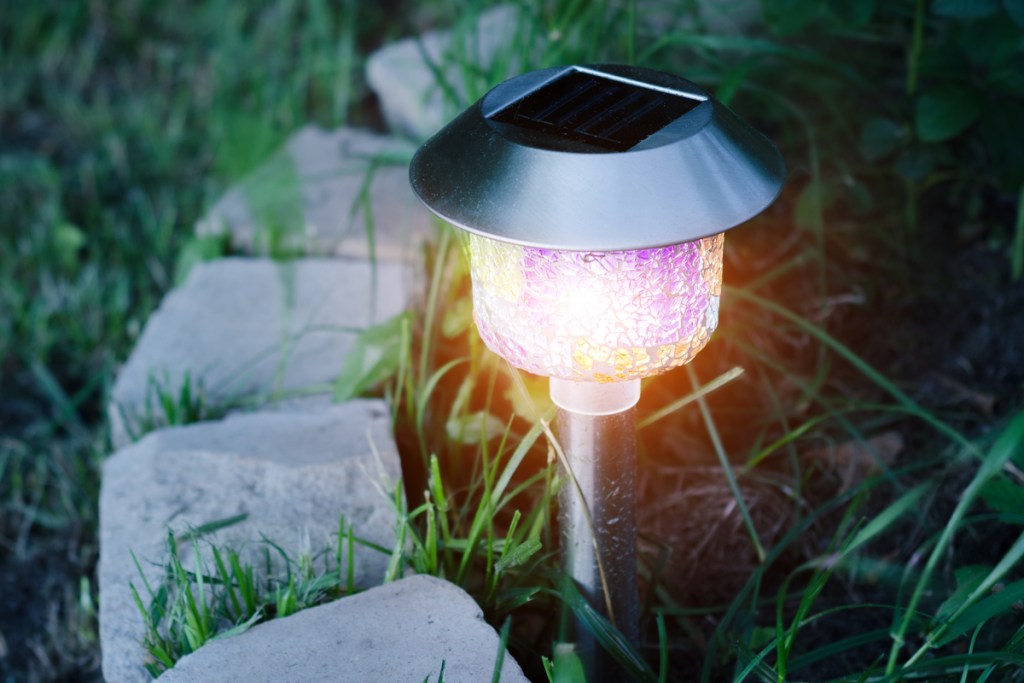
Only use decorative lights made for outdoor use
If you’re wondering how to waterproof outdoor string lights, the answer is simple. Just as you should ensure that all regular light bulbs you use outside are rated for wet weather, you should do the same for any decorative lighting you choose to purchase.
Step 1: Whether it’s Christmas lights or lighted pumpkins on Halloween, you need to look for a label on the product package that says “outdoor.”
Step 2: When decorating outside, avoid lights labeled "indoor/outdoor" or "indoor only."
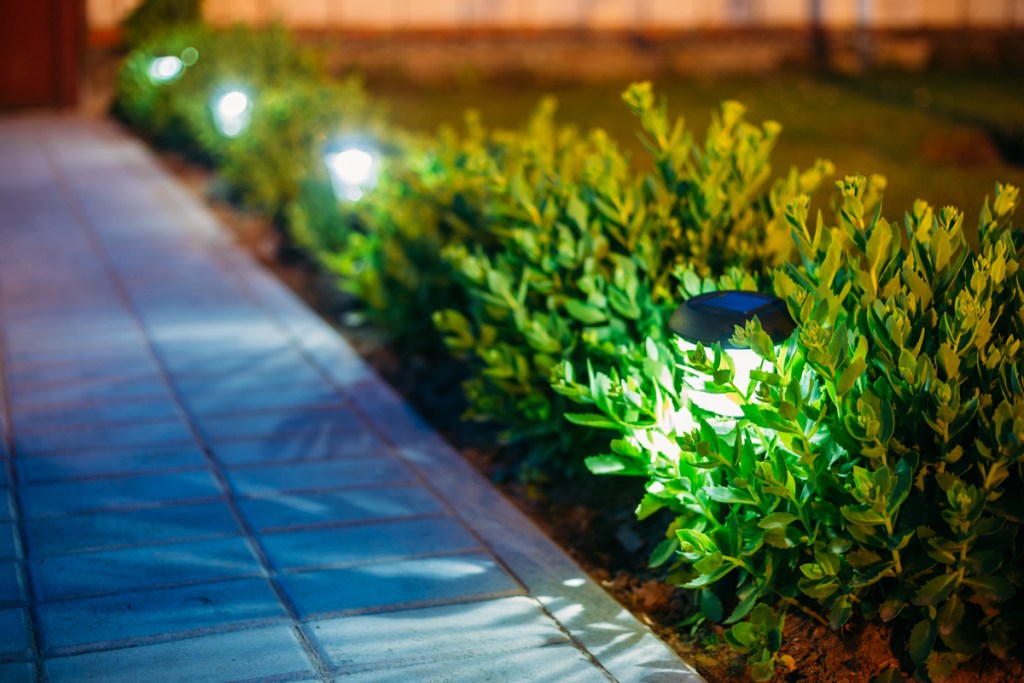
Use solar lights
One of the best options for protecting outdoor lights from rain is to use solar lights, which won’t be damaged by rain. Since they don’t run on electricity and have no wiring, there’s no danger of a wire shorting out and causing a fire. Moreover, solar lights are sealed units and are thus virtually waterproof. On the other hand, while they won’t short out if they become damp, most don’t have enough energy to run all night.
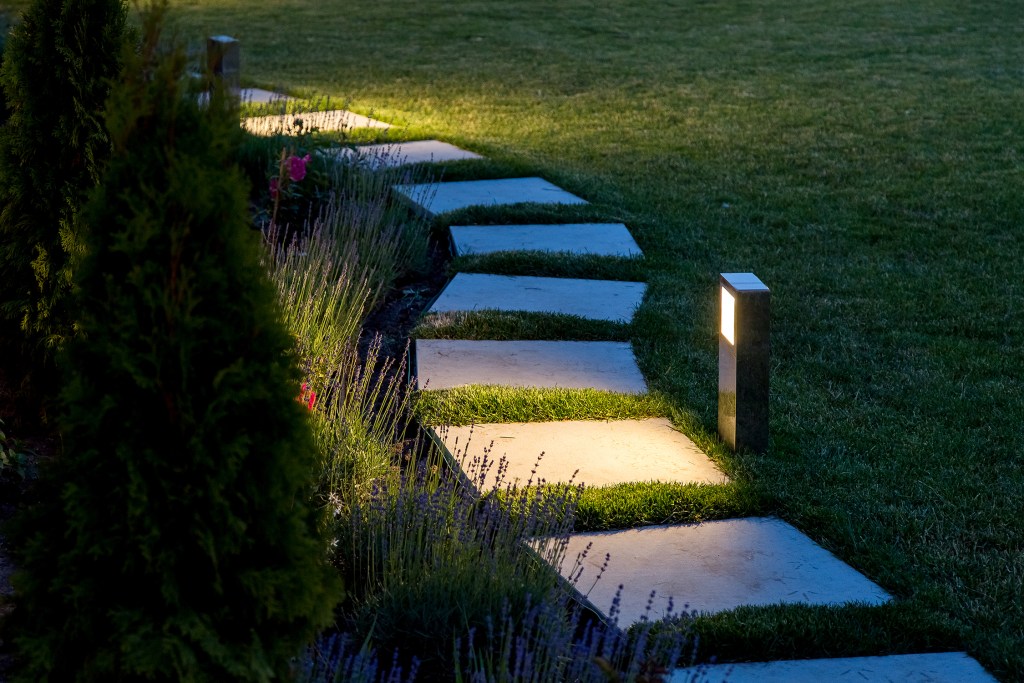
Cover or remove your lights ahead of severe weather
If you have some warning before a severe storm, take a few minutes to cover or remove your outdoor lights. Lights that cannot be removed can be covered with a tarp or other type of waterproof material to keep the worst of the rain off them. However, removing your lights and bringing them indoors or storing them in a bin or garden shed is more effective at protecting them from high winds or hail.
Covering your lights is particularly useful during winter, when they might become buried under snow. Having a tarp over your lights makes them easier to uncover, since the snow will be piled on the tarp rather than directly on the lights. Just be sure not to use any absorbent materials, or else the cover could freeze to the lights.
Some lights should not be covered or removed, as they provide extra security during storms. Lights that are helpful for outdoor navigation should be left in place, just in case you need to leave your house and find your way through the yard during the storm. Instead, focus on covering or removing lights that are primarily decorative.

Choose lights with built-in protection
If you don't have any sheltered locations to hang your lights, you might want to consider choosing lights that come with their own shelter. An umbrella light, which is either built into or made to fit into an umbrella, is perfect for patios and porches. The umbrella offers shelter for both you and the light, although you still need to close it during high winds. Just like a regular umbrella, the wind can catch an umbrella light like a sail and take off with it if it isn't properly secured!
For other spaces, choose lights that have a casing, like a lantern, rather than ones with more exposed bulbs. The extra protection can prevent sudden damage and slow down the general wear and tear of being outdoors. While temporary holiday displays should be fine as long as you follow the rest of these tips, more long term lighting fixtures will benefit from the extra protection.
When it comes to protecting your outdoor lights from rain, much comes down to using your common sense. Also, if you weren’t aware that you can purchase versions of electrical cords and lights that are made specifically to stand up to outdoor elements, you are now. Buy the right kind of lights and electrical cords, be safe, and enjoy!

